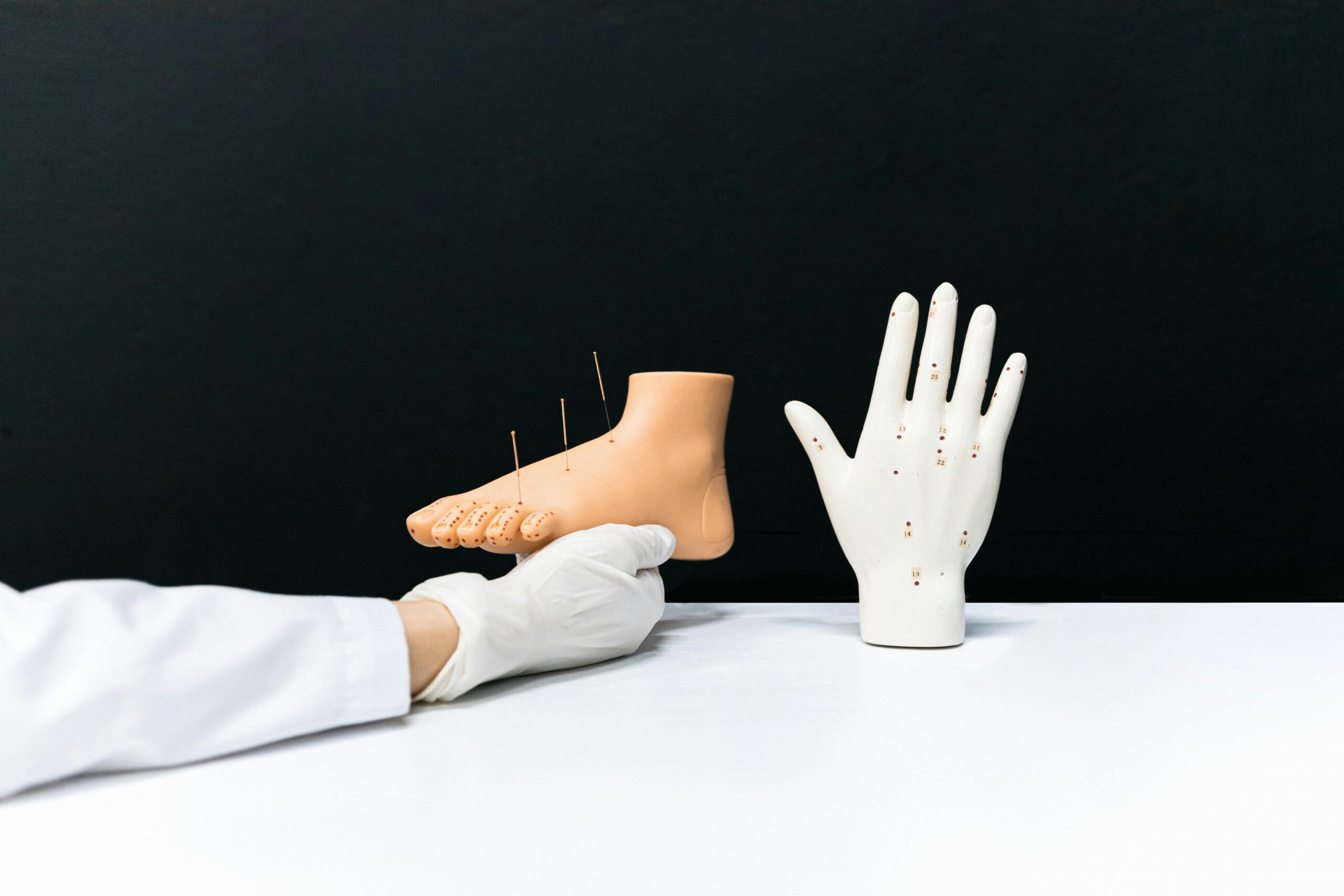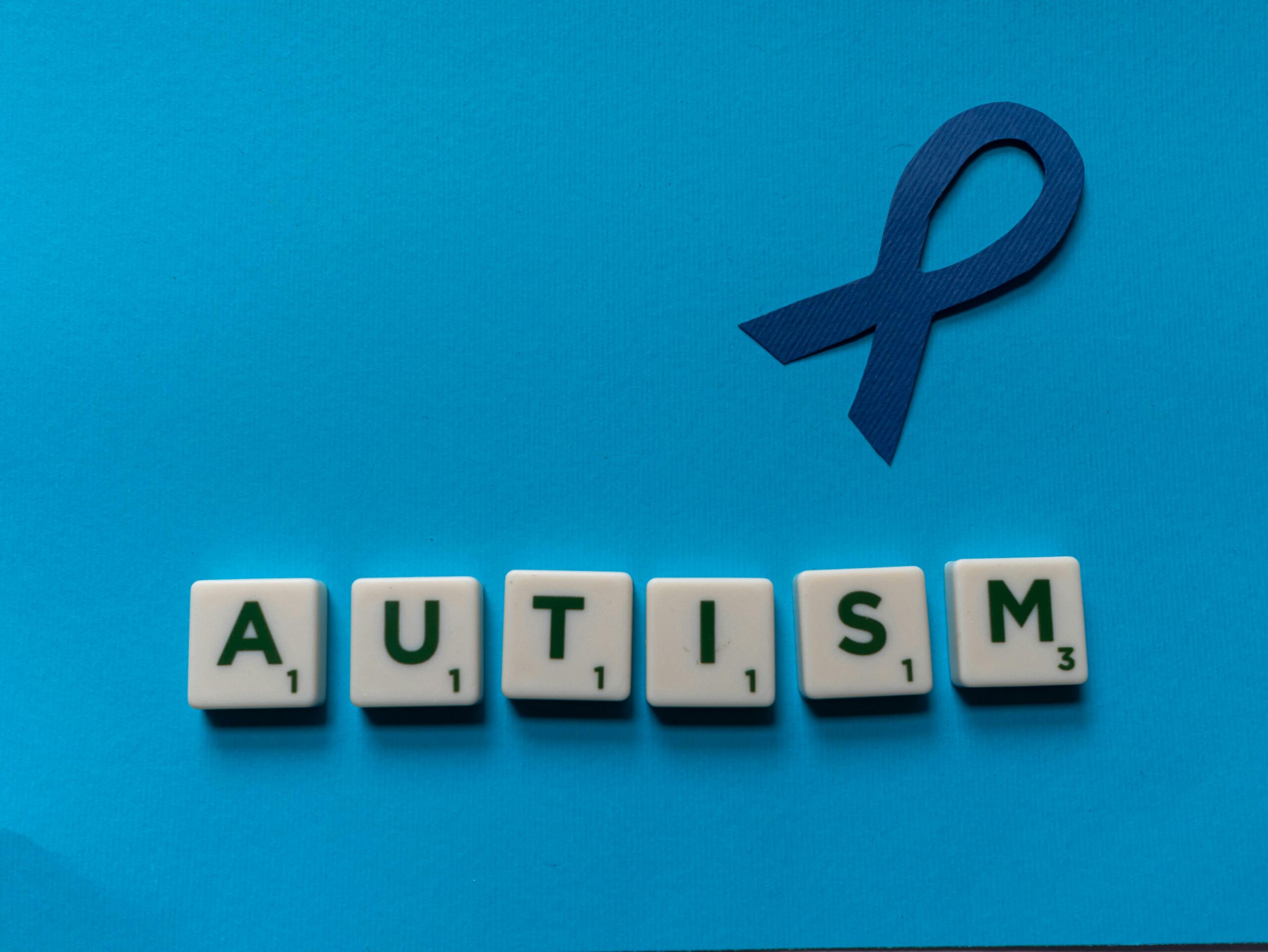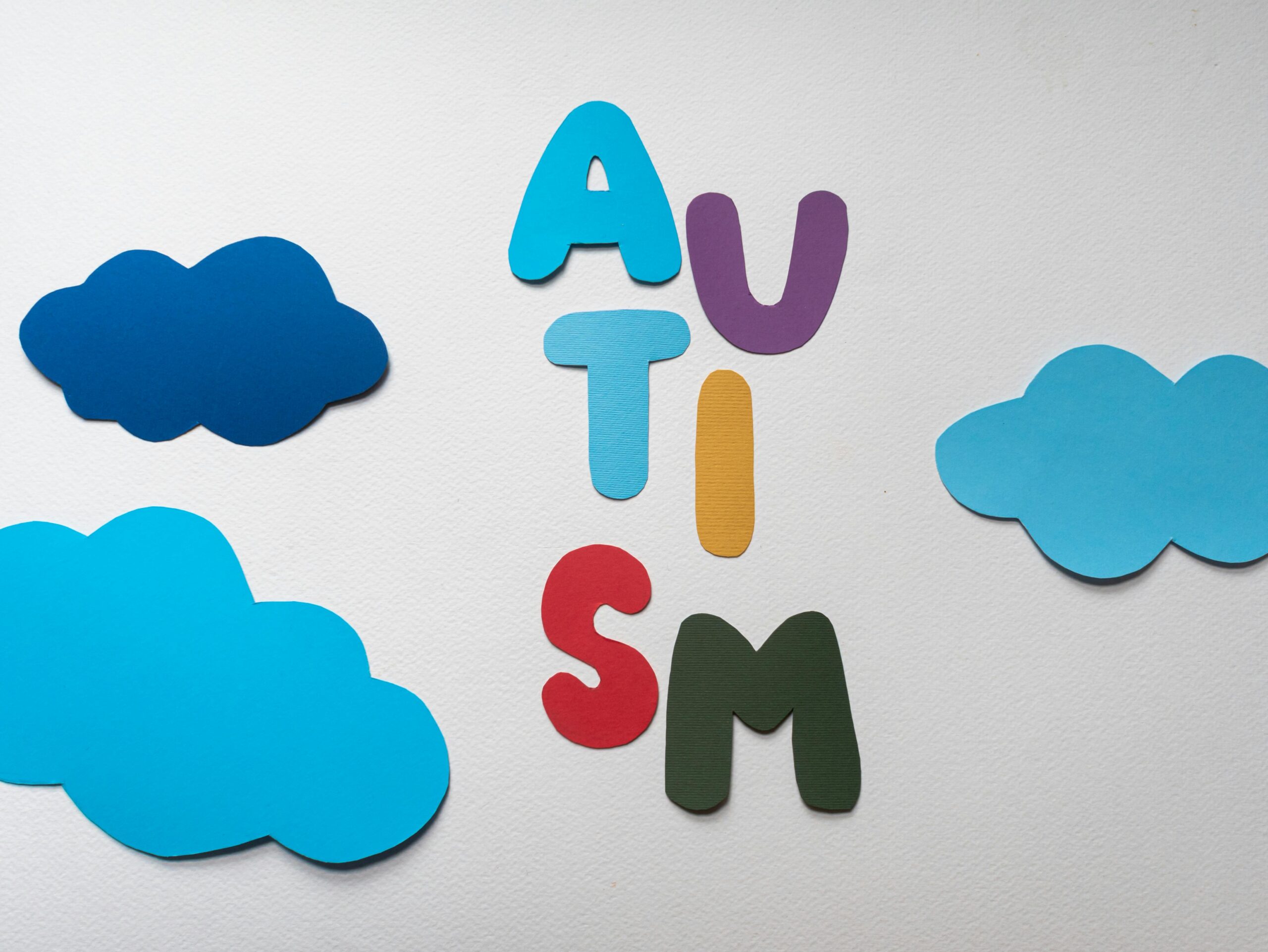Autism Spectrum Disorder (ASD) is a broad neurodevelopmental disorder affecting communication, behavior, and social interaction. Early diagnosis, if done through some sort of autism test, really changes things. Many a parent may struggle with knowing whether their child is on the spectrum, making the test more useful.
At rediffmail.com.in, we want to empower families through accurate information and resources on hand. In this article, we will discuss what an autism test is, how it works, what different types there are, and what actions can be taken if you feel that your child needs ASD assessment.
What is an Autism Test?
There are screening and diagnostic instruments to assess whether a subject can be potential ASD affected. They are not one test but rather a combination of observation types, questionnaires, one-to-one interviews, and occasionally medical examinations. Since the test has to identify behaviors and traits commonly associated with autism, it has become an autism test.
Therefore, we should not use an autism test to label someone but rather to provide clarity, allowing therapists and caregivers to offer support and therapies that enable the individual to lead a fulfilling life. If professionals identify children with autism at an early age, they must promptly initiate interventions to help the child make extraordinary strides in communication, learning, and socialization skills.
Who Should Take an Autism Test?
Individuals may be recommended for an autism test if:
- Young children show developmental delays or social communication difficulties.
- Older children or teens have social interaction problems and are involved in repetitive patterns of behavior or unusual sensory preferences.
- Adults suspect that they might have missed a diagnosis of autism in childhood and have a desire to learn more about themselves.
- Parents who suspect that their child is going through developmental issues or have received referrals from teachers, pediatricians, or therapists.
If you notice limited eye contact, delayed speech, repetitive gestures, difficulty with social interaction, or an abnormal fixation over certain interests, maybe it is about time for an autism test.

Types of Autism Tests
What types of autism tests do professionals use? Let’s get into them:
- Screening Questionnaires
These are simple checklists that parents, teachers, or doctors may use to identify warning signs. A few examples are:
- M-CHAT (Modified Checklist for Autism in Toddlers): For use with children aged 16 to 30 months.
- Social Communication Questionnaire (SCQ): For use with children older than 4 years of age.
- Diagnostic Tools
These involve a more detailed evaluation by psychologists or developmental pediatricians:
- Autism Diagnosis Observation Schedule (ADOS): Considered one of the most commonly used diagnostic tools. It comprises structured activities in which the clinician observes the behaviors.
- Autism Diagnostic Interview-Revised (ADI-R): A thorough interview about the subject’s development and behavior with parents or caregivers.
- Online Autism Tests
Lots of online tools offer a preliminary screening with various question series about autism spectrum disorder. Though these are certainly not substitutes for professional diagnosis, they can help parents and adults get started on seeking clarification for the disorder. Links to such resources, as well as referrals, can often be found on websites like rediffmail.com.in.
What Happens After the Autism Test?
Meeting the criteria for a diagnosis of autism may be a child among a group of risk factors. Next we should seek an evaluation for complete diagnosis with a developmental pediatrician, child psychologist, or neurologist. The process may entail:
- Evaluating the child in different settings.
- Interviewing the parents or the teachers.
- Administering cognitive, speech, and motor skills assessments.
Once doctors or specialists confirm the diagnosis, they can offer specific treatments, including speech therapy, occupational therapy, special education programs, and behavioral intervention.
Importance of Early Testing
Early intervention is a key in ensuring good outcomes for children with autism. That is why an autism test must be done the first time anything suspicious comes into view. Diagnosis at an early age allows children to receive help in communication, reducing bad behaviors, and social skill-building.
Whatever comes, don’t let a child “grow out of it.” Trust your gut and stand tall as a parent or a teacher. Getting children to grow and succeed starts with an autism test. click here
Common Myths About Autism Testing
Myth 1: Autism tests are for children alone.
Fact: Testing for adults is possible when a person has a suspicion that they are more on the spectrum. Knowing oneself has the potential to improve relationships, job decisions, and even mental health.
Myth 2: Online tests are enough for diagnosis.
Fact: They act as a very good way to screen people into the whole process of being diagnosed but cannot really diagnose any form of autism. It requires a professional assessment to do so.
- Myth 3: With autism diagnosis means “there is something wrong.
- Fact: Autism is simply a different way of viewing the world. An early diagnosis gives the person access to tools that help them develop both their strengths and overcome their challenges.
Autism Testing in India
Access to autism testing in India has seen some improvements over the years, raising awareness still a challenge. In all major cities like Delhi, Mumbai, Bangalore, and Chennai, you have diagnostic centers and specialists. However, most of the rural areas still lack resources.
Rediffmail.com.in is attempting to bridge this very gap by giving families digital access to autism test information, online screening, and expert help.
How to Prepare for an Autism Test
If parents are preparing a child for a professional evaluation or taking an online autism test themselves, then here are some tips:
- Keep a journal of behaviors, milestones, and concerns.
- Collect school reports or feedback from teachers and caregivers.
- Keep a calm and positive attitude. An autism diagnosis is not the end but the beginning of an avenue for appropriate support.
- Give honest and detailed answers during the test or interview.
Conclusion: Take the First Step Today
The autism test is not something to be afraid of-it is something that can allow for understanding, support, and empowerment. If you suspect that someone has autism, you just need to take the first step.
The rediffmail.com.in is into the awareness of autism and making resources available to everyone. We provide a staff writer and other guest writers who write articles on autism, provide interviews with specialists, and give links to online tools for autism tests.
So remember, taking action at an early stage changes lives. Search, learn, and reach out for support; it all starts with a simple and compassionate first step: the autism test.












